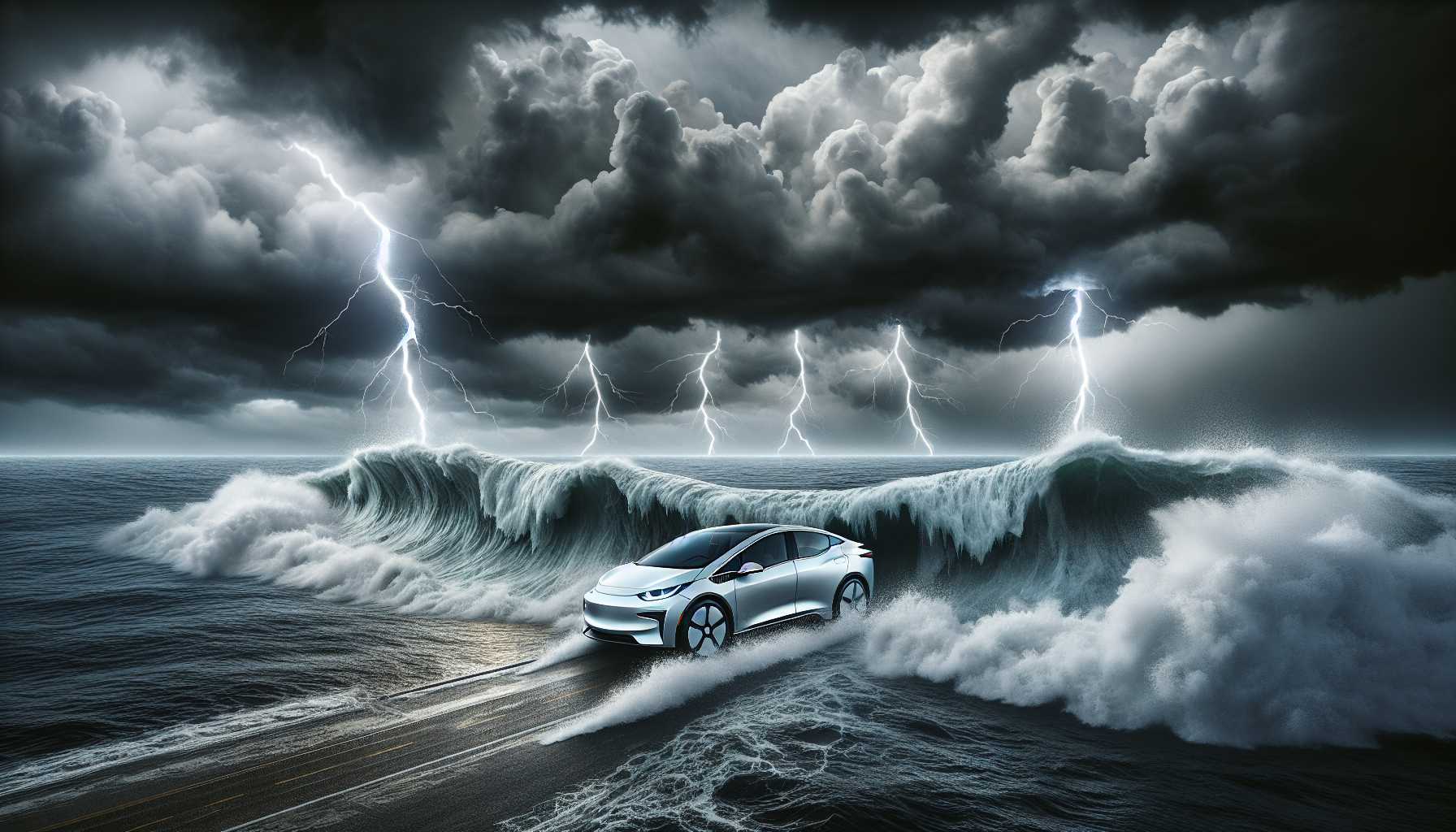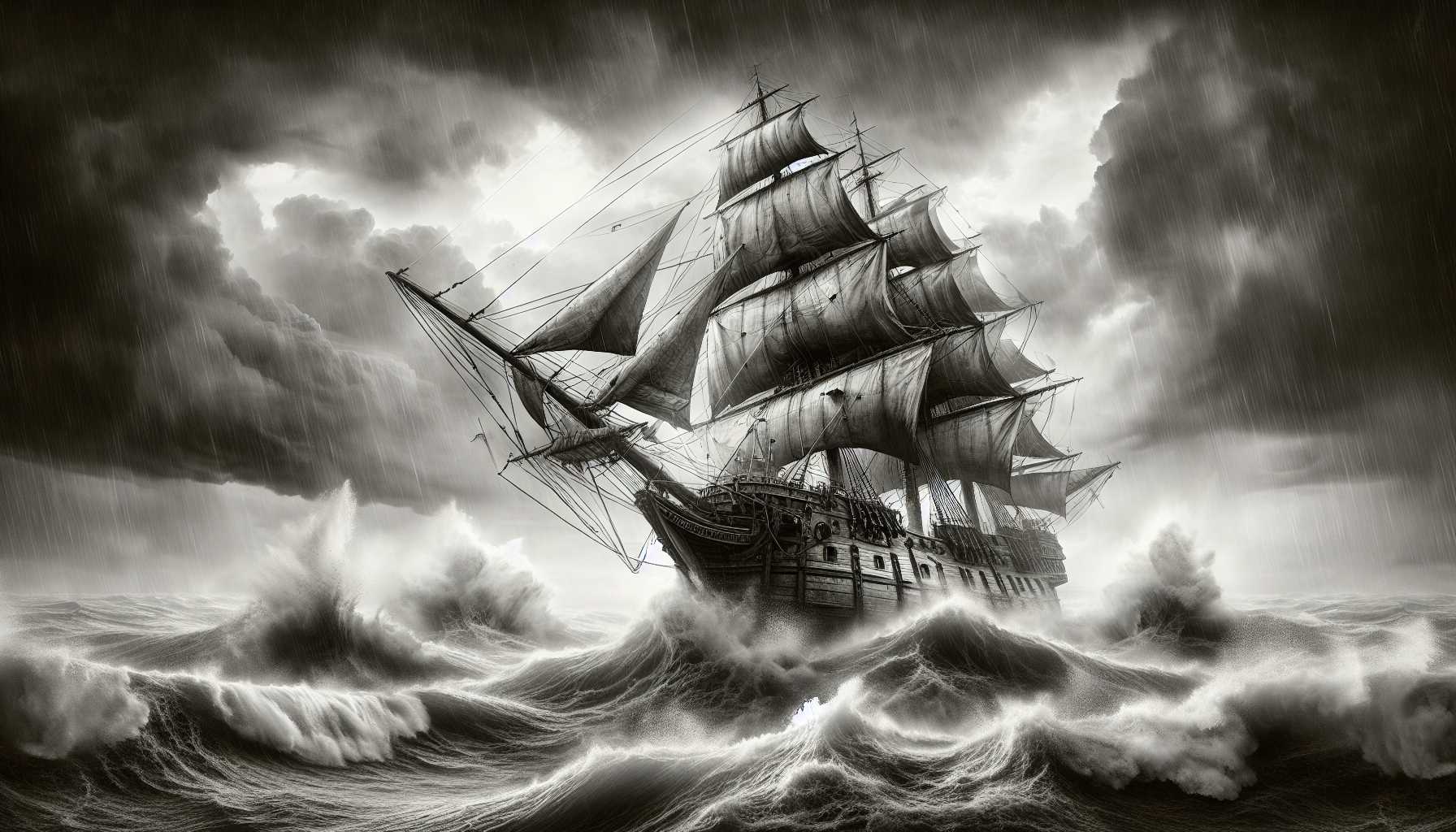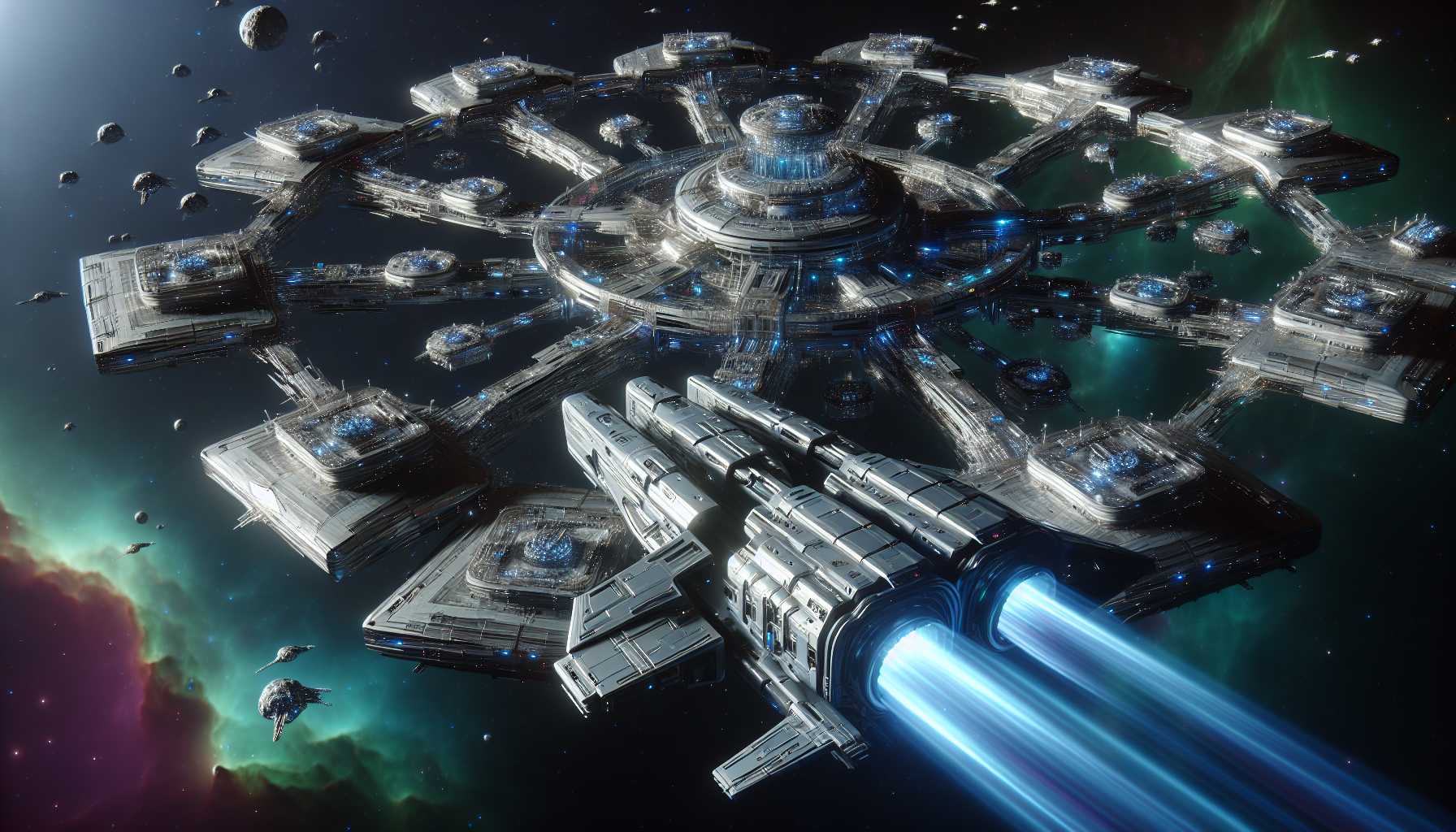The Apple of EV?: Fisker’s Promising Start Turns Sour
Just a few years ago, Fisker Inc. set its sights on becoming the Apple of electric vehicles. The brainchild of renowned auto designer Henrik Fisker, this EV startup burst onto the scene with ambitions as high as their namesake’s fins on a ’57 Chevy. They partnered with Austrian manufacturer Magna Steyr in a move akin to Apple’s relationship with Foxconn, a strategy that seemed to promise innovation and agility in the race against EV juggernaut Tesla. A fateful SPAC brought Fisker to the trading floors of the New York Stock Exchange in 2020, with the company riding on the clattering rails of the EV hype train, boasting potential revenues of $13 billion by 2025. The Fisker Ocean, their flagship all-electric SUV, was poised to make waves.
But now, Fisker faces the threat of bankruptcy, a grim reminder of the tumultuous seas navigated by EV startups.
Fisker’s Ocean Hits Rough Waters: An Industry in Flux
The electric vehicle industry is like a lightning storm: captivating, but dangerous. Demand fluctuates like the wind, and the gray clouds of investor interest can clear without a moment’s notice. The challenges Fisker faced — software issues, supply chain snarls, and regulatory reefs — are ones experienced by most in this arena. There’s a sinking feeling among many EV aficionados as sector stalwarts like Arrival and Lordstown Motors have already been swallowed by a merciless market. Fisker’s strategy shift to a network of dealerships, deviating from the direct-to-consumer model, might have been a paddle against the current, but the winds of change and the churning EV tides seem to have left little room for navigation.
The Ticking Clock: Financial Troubles and Struggle to Stay Afloat
As the cliché goes, time is money, and Fisker is burning through the latter faster than a dragster at the quarter-mile. Just last month, the alarming math of production versus deliveries, coupled with the announcement of potential liquidity shortage, sent waves of concern throughout the industry. After trimming its sails by laying off 15% of its crew, the fateful hammer fell: Fisker was delisted from the NYSE, the scarlet letter of financial instability starkly emblazoned on its name. A lifeline seemed to appear in the form of potential investments from automotive titans like Nissan, but like a mirage in the desert, it vanished, leaving Fisker parched for capital. The march toward bankruptcy appeared all but certain, but Henrik Fisker’s unflagging spirit might be the life raft they need.
A Bridge Too Far: The Internet’s Descent Into Conspiratorial Chaos
In less whimsical news, the internet’s gears seem to grind ever closer to “conspiracy” as its default setting. The heartbreaking collapse of the Francis Scott Key Bridge in Baltimore was met with abject tragedy. Yet, the web’s shadowy corners were quick to spin their webs of intrigue. The crash, which ought to have sparked discussions around infrastructure and the very real consequences of its failure, instead became plaster for the cracks in logic so prevalent online. Shortly after the collapse, some sought to contort the narrative, inexplicably questioning why so many cameras captured the event. One’s immediate thought might not typically leap to government conspiracies and planted distractions, but such is the state of the internet today. A bridge incident is enough to stir the pot of online theorists, pointing a searchlight at the dark recesses of our collective digital psyche.
Stellar Expansions: No Man’s Sky Soars with the Orbital Update
Meanwhile, in the digital cosmos, No Man’s Sky continues to reach for the stars with its Orbital update. This almost eight-year-old space exploration sim is keeping players engaged with the new addition of procedurally generated space stations, a ship editor, and an upgraded Guild system. Hello Games have shown us that even as the technology landscape evolves rapidly, there is still room for older titles to reinvent themselves and stay relevant. The game’s latest tweaks breathe new life into the universe, giving players the helm to craft their vessels and explore in a way that feels fresh, yet doesn’t undermine the very spirit of discovery that has buoyed the game since its inception. As players navigate the stars, build alliances, and command fleets, the game remains a testament to the enduring power of continuous improvement and expansion in technology.
Nala: The Tech-Savvy Sniffer Dog Taking a Byte out of Crime
On the more heartwarming side of tech, Seattle Police Department’s canine unit boasts a member with a particular skill set: Nala, the English Labrador retriever with a nose for electronics. As an integral part of the Internet Crimes Against Children task force, Nala’s prowess in sniffing out electronic storage devices is invaluable in the fight against child exploitation. Nala’s tale is not just one of law enforcement but an inspiring account of how technology and innate ability can collide in the most unexpected ways. As we battle crimes old and new, creatures like Nala stand alongside us, exemplifying how the bond between humans and animals evolves in step with technological advancements. Nala and her kind may not know the gravity of their finds, but they are unsung heroes in an often shadowy digital world.
In a realm where the lines between the virtual and the physical are increasingly blurred, where companies rise and fall with the unpredictable currents of consumer and investor sentiment, these stories remind us of the roller coaster that is the tech industry. From the near-mythic aspirations of Fisker to the intergalactic escapades of No Man’s Sky, from conspiracies conjured in the deep web abyss to K9s with a nose for electronics, the technology landscape is as diverse as it is dramatic. For tech enthusiasts and professionals alike, this is our playground, test lab, and battlefield. The tech world spins its intricate tales, and we’re here for the ride, witness to the constant evolution of an industry that never sleeps, never settles, and certainly never ceases to amaze.






